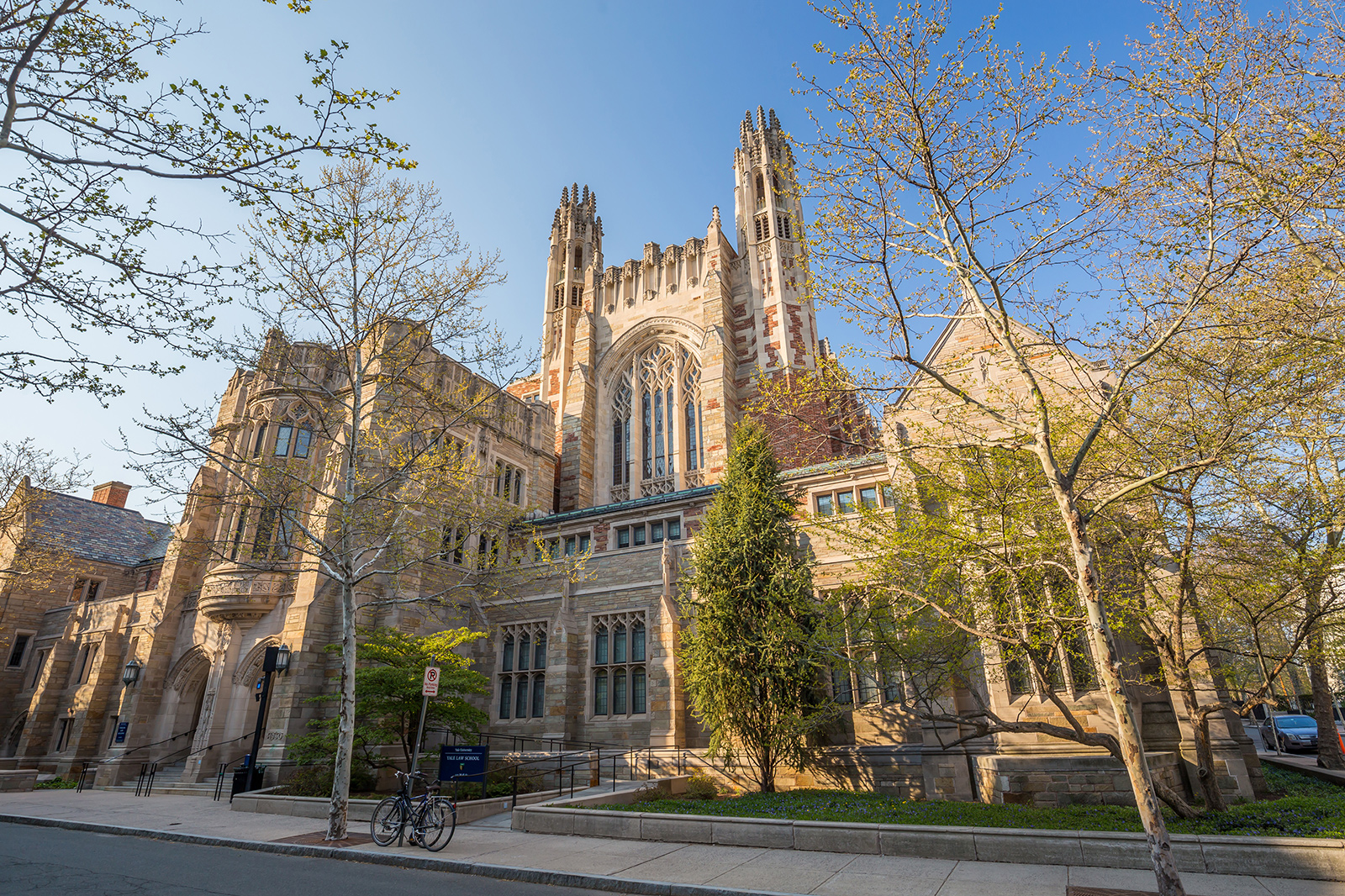The Yale Endowment Model & The Growth Potential of Illiquid Alternative Assets

The David Swensen Portfolio, also known as the Yale Endowment Model, is a well-known investment strategy that transformed the Yale University endowment from a small, underperforming portfolio into one of the world’s most successful endowments.
When Swensen, Yale University’s chief investment officer from 1985 through 2021, first arrived at Yale, the endowment typically used the popular 60% stock / 40% bond ratio for investments. However, Swensen’s new investment strategy not only grew the university’s endowment by approximately $40 billion; he also created an investment model still recommended by many financial advisors today.
What differentiates the Yale Endowment Model?
David Swensen’s Yale Endowment Model emphasizes diversification by allocating more to illiquid alternative assets, such as real estate, and less to traditional liquid assets, such as stocks and bonds. The Yale Model shows that over time alternative assets increase returns and reduce risk by not being correlated to the public markets.
“The Yale Endowment Model changed the way people think about investing,” says Louis Rogers, Capital Square founder and co-CEO. “Before Swensen, investing meant stocks and bonds. Now, investors see the real possibilities of real estate as an alternative investment that can provide increased returns and tax advantages without being correlated to the public markets.”
Swensen redesigned an investment portfolio’s makeup, maximizing returns while minimizing risk by diversifying investments across a variety of asset classes. Introducing a strong inclusion of alternative investments, including private equity and real estate, investors can seize upon passive investment strategies for long-term returns.
Asset allocation within the Yale Endowment Model has historically included:
- 30% in the total stock market
- 15% in international stocks
- 5% in emerging markets
- 30% in intermediate bonds
- 20% in real estate investment trusts (REITs)
Recognizing the strength of portfolio diversification and the greater stability of illiquid alternative assets, such as real estate, investors can seize upon expanded potentiality.
At Capital Square, investors are the soul of our business. We strive to provide unparalleled service to continuously improve their experience, and strategic real estate investments poised to perform in both good and challenging economic environments are our specialty. Furthermore, we understand how the inclusion of alternative investment offerings, such as Delaware statuary trusts (DSTs), opportunity zone (OZ) funds, development funds and real estate investment trusts (REITs) can be impactful pieces of a successful modern portfolio.
David Swensen’s transformative investment strategies have made impact for countless endowments, foundations and high-net-worth individuals in recent decades. The lessons within are worth further exploration for any investor dedicated to discovering real estate investment opportunities to build generational wealth for years to come.

